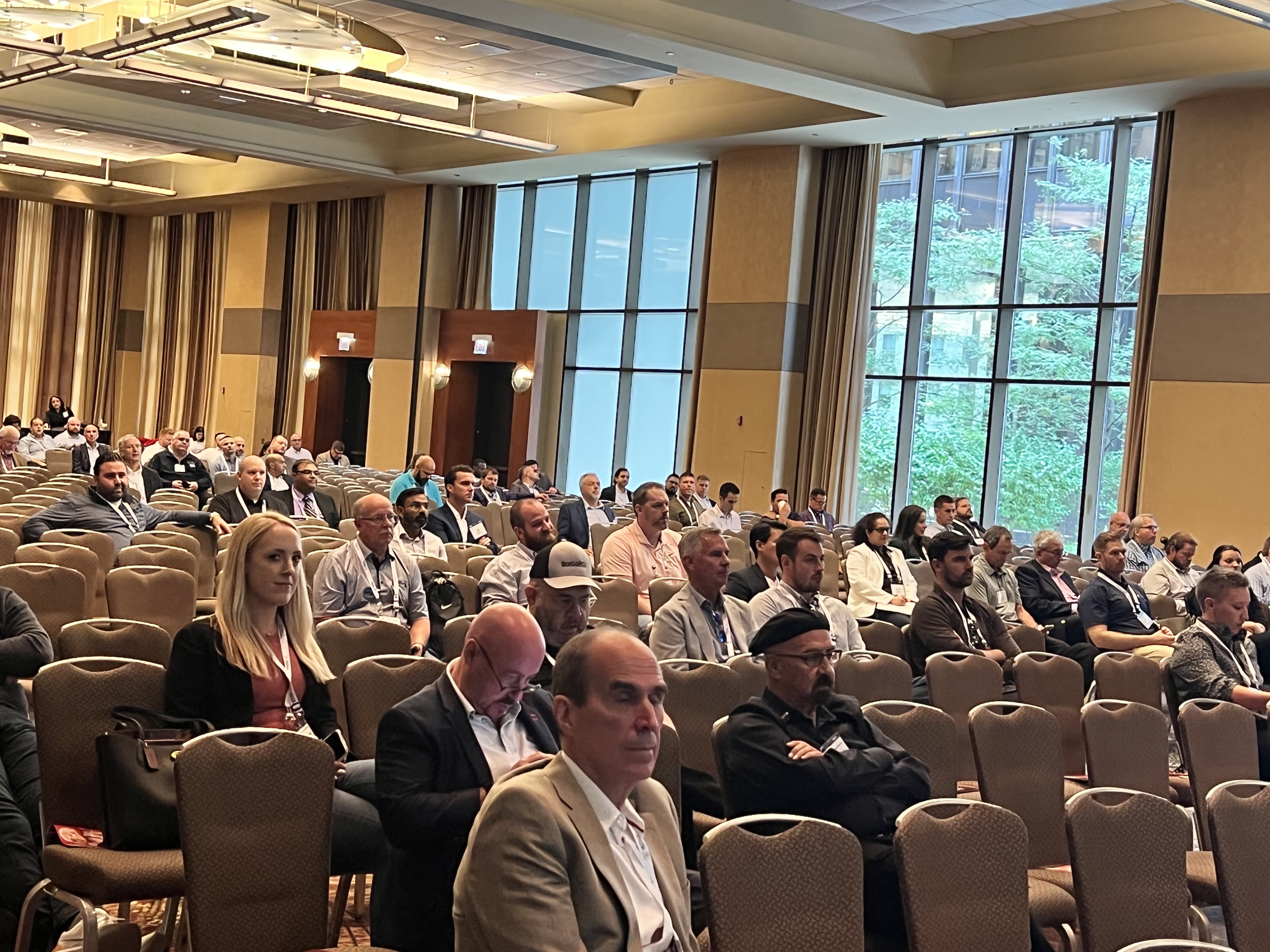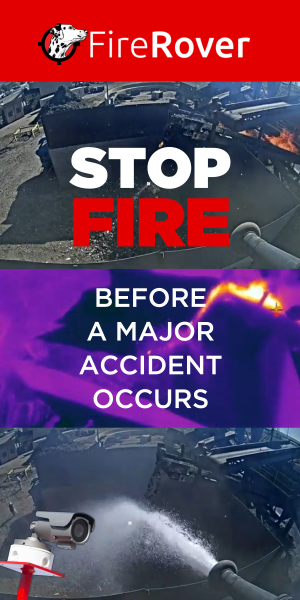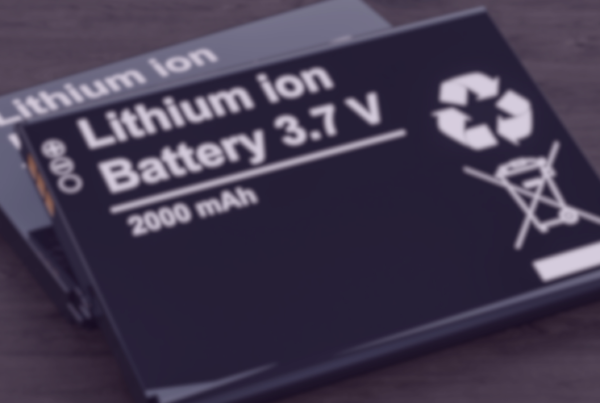After recognizing the record attendance at the 2022 ISRI Commodity Roundtables, Colin Denhian, president of Metal Source and moderator for the aluminum panel, introduced the two speakers: Greg Wittbecker, advisor to the CRU Group, and Josephita Harry, vice president of Sales in the Non-Ferrous & Electronics Scrap division at Pan American Zinc. The aluminum panel was held Sept. 16 during the ISRI Commodity Roundtables
Wittbecker began by noting that the industry has seen a remarkable change in market sentiment over the course of the last six months. “When you think about our discussion at ISRI2022 compared to where we are today it’s been a big turnaround,” he says.
In March 2022, analysts expected to see the biggest deficit of primary aluminum in history, but now the market is relatively balanced. In addition, demand for recycled aluminum has changed dramatically since the announcement of three massive new rolling mills to be built in North America.
“The big issue overshadowing the aluminum market and the metals markets in general is concern about an oncoming recession,” Wittbecker says. Europe is at the epicenter of those fears. He noted that CRU Group has dialed back its expectations of primary consumption since March to less than 1% growth worldwide. While the U.S. is expected to grow about 3%, Europe will likely shrink about 1%, which is worth about 70,000 tons.
“Decarbonization is still on top of everyone’s mind,” Wittbecker says. “I remind people who aren’t close to the industry that we’ve been trading low carbon metal for about 75 years; we just didn’t think of it as ‘low carbon.’”
He notes that the market is seeing a lot of production and growth in supply, but the big issue is how to upgrade twitch and turn it into mill-grade segments for the rolling mill market. “It’s the holy grail for the industry.”
Going into technology, he discussed the possibilities surrounding Alcoa’s ASTRAEA™ technology that can convert low-quality recycled aluminum to high-quality levels, which could open a new market for aluminum. According to Wittbecker many unanswered questions remain about the new technology and it’s very much still in lab scale. In the long run, the market will need to wait and see how things shake out but in the short run there likely won’t be a new market outlet for Zorba.
Wittbecker then discussed the three new mills scheduled to be built in North America. He anticipates it will change the landscape for how aluminum flows through the country and affect the UBC (used beverage container) market. “If all three of the mills are built, you’re going to see a radically different pattern in the flow of the metal and who will capture it.”
Josephita Harry, vice president of sales, nonferrous metals & electronics scrap at Pan American Zinc began her presentation by talking about why her company has turned its attention to aluminum in the last several years. “That has to say something about the metal and how aluminum is so widespread where its one of the most popular metals, that gives us some confidence that this metal is the future, it has sustainability and recycling written all over it.”
She discussed the energy crisis and why it’s important to aluminum. “There is an energy crisis for low carbon, so that means we’re taking a stance to go into a greener world and make aluminum in a cleaner way and rely on resources that have less emissions, that’s why we’re in a crisis.”
Harry adds that with winter coming in the next few months that means people will use more electricity and when they are spending more on their bills they will have less for other goods and items. “We know this,” she says. “We’re aware of this. With this awareness we need to make smart decisions.”
She concluded by noting that as long as aluminum keeps recycling and coming back into the system, recyclers will continue to play a role to help those materials move from one from to another to return back into the stream.
“The future is moving toward electric vehicles,” she says. “Things will change, and we’ll play a part, we just need to be aware of what’s coming so we can make informed decisions and be prepared for the future.”
Photo Courtesy of ISRI.










